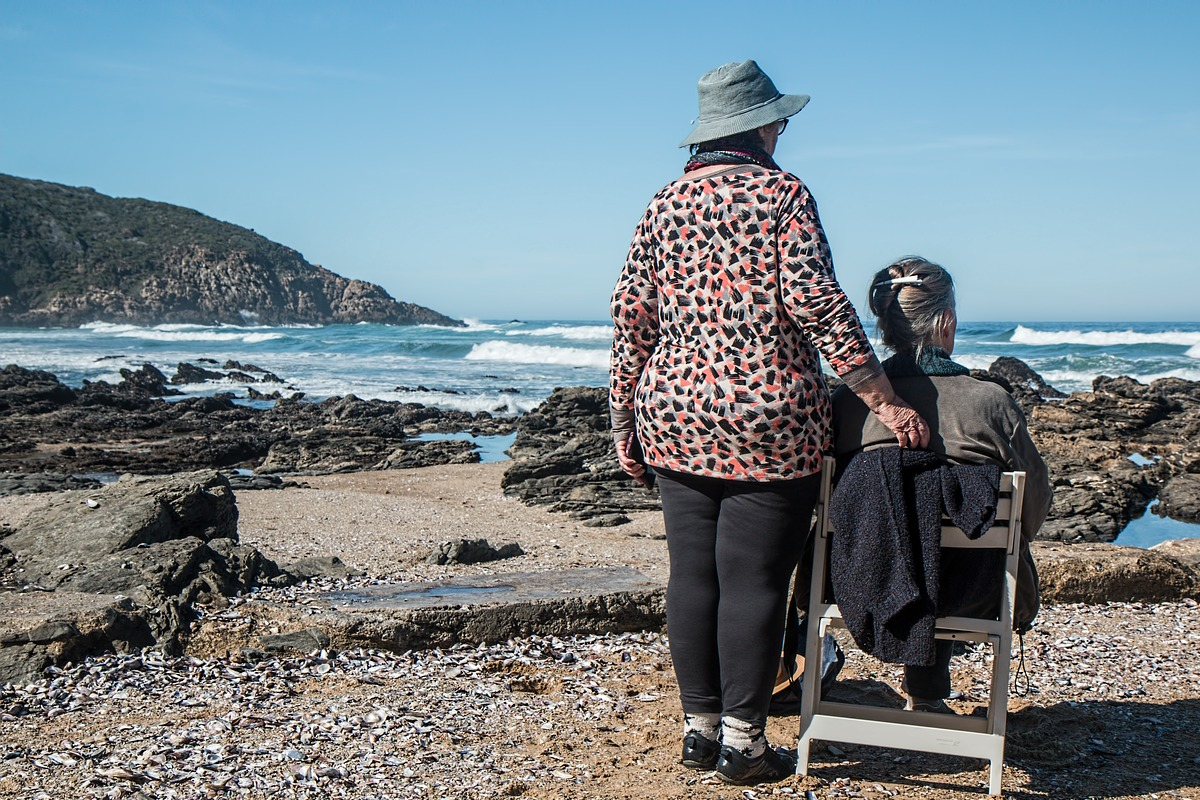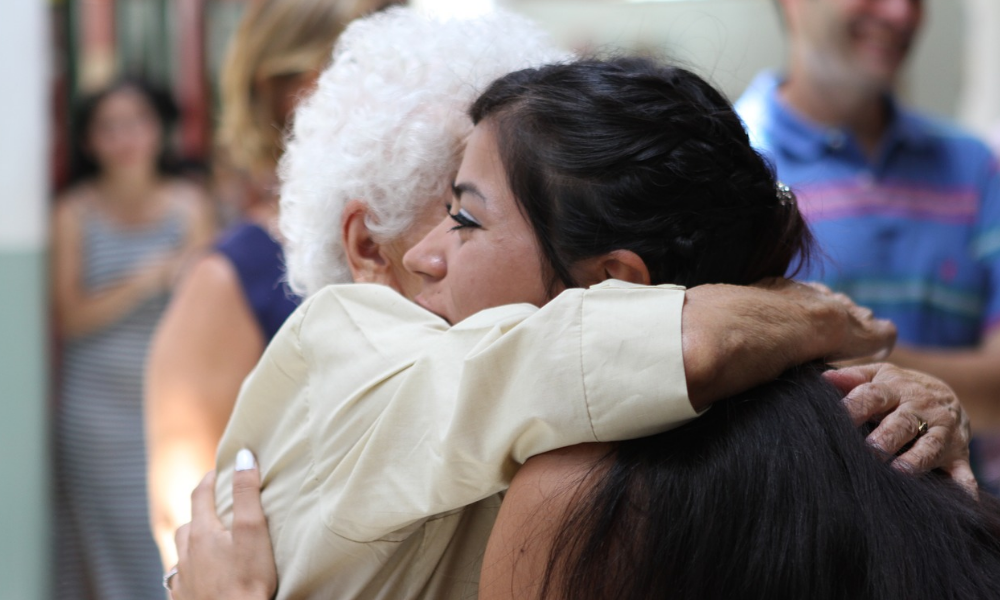How to Support a Loved One with a Terminal Illness

Even when someone has been seriously ill for some time, a terminal diagnosis can be devastating. You and your loved one will experience a wide range of emotions as you come to grips with this new reality. Your loved one will need your support now more than ever. Here are a few ways to support your loved one through their terminal illness.
Ask your loved one what they want.
Everyone has a different reaction to a terminal diagnosis and their own preferences for how they wish to live the rest of their life. Be sensitive to this and don’t push your own desires ahead of theirs. Ask them what they would like to do in the time they have remaining. Ask them if they would like assistance with legal, financial, and healthcare paperwork.
If your loved one wishes to remain at home, Crossroads Hospice & Palliative Care can assist with this. In most cases, this care can begin as soon as the patient receives a terminal diagnosis of six months or less to live. The earlier this care begins, the higher their quality of life will be for their remaining time.

Create a wish list.
What would your loved one like to accomplish in the time they have left? Is there a place they would like to visit? Is there a special occasion coming up? Is there someone they would like to see or speak to?
Try to do as many of these things as possible. If your terminally ill loved one can’t travel to the places they would like to visit, bring the places to them through photos and movies. Set up a video chat with loved ones who live far away or a livestream of a special event so they can still be a part of it
Respect your loved one’s sense of dignity.
Even though your loved one may be very ill and in need of care, they still value their privacy and sense of self. When they are in the room, include them in conversations. Don’t speak about them as though they aren’t there. Even if they appear to be asleep or unconscious, leave the room to discuss their condition. They may still be able to hear you.
When changing or bathing, use a curtain or close the door to maintain privacy. Keep them covered with a sheet or a towel when providing personal care. Only uncover one part of the body at a time. If your loved one took great pride in their appearance, you should as well. Paint their nails. Gently brush their hair. Keep whiskers and beards nicely trimmed.
Share memories.
Take this time to talk to your loved one about some of your favorite memories together. Go through old photo albums. Visit their old neighborhood. Ask them to share memories of their childhood and treasured family recipes. Create a life journal or a legacy video where their stories can be preserved for future generations. Most importantly, be sure to give them your full, undivided attention. These stories are precious to them.
Get their affairs in order.
Some people plan for their final days well in advance, but others may not. Speak to your terminally ill loved one about what they would like to have at their funeral. Go through all important financial and legal paperwork together to make sure you have all the information you need in one place.
This guide to putting your affairs in order can help.

Ask for or offer additional help.
If you are the primary caregiver for a loved one with a terminal illness, ask other friends and family members to pitch in. Perhaps you can set up a schedule for visits, so you have time to run errands or to simply have a break from full-time caregiving. If one family member is more knowledgeable about legal or financial matters, they may be able to work on this piece while other family members provide direct care.
If you are not the primary caregiver, offer specific things you can do to help. Things like assisting with the grocery shopping, driving your loved one to a doctor’s appointment, or taking care of a pet can really help to lighten the load.
Simply be there.
If you are the primary caregiver, be sure to spend some time doing activities you and your loved one enjoy, even if it’s just holding their hand. You can watch your favorite shows and listen to music you both enjoy and swap memories. Watch funny movies and find ways to laugh together.
For other friends and family, don’t avoid your loved one during this time. Many people avoid visiting people with a terminal diagnosis either because they don’t know what to say or they fear they will be intruding. While you should call the primary caregiver first to make sure it’s a good time to visit, don’t let these concerns keep you away. Your presence can brighten up the day for your loved one and those caring for them.
Bring some old photos of time spent with your loved one to share or share more recent photos of family members. Bring books they might enjoy and read to your loved one or bring a CD to listen to together. A terminal diagnosis can be very isolating for your loved one and their primary caregivers.
Be gentle on yourself while caring for your loved one. This is a difficult time for you as well as for them. Crossroads provides physical, emotional, and spiritual support for the patient and the entire family. Please call us at 1-888-564-3405 to learn more about the care and unique services we provide.
If you found this information helpful, please share it with your network and community.
Copyright © 2018 Crossroads Hospice & Palliative Care. All rights reserved.



